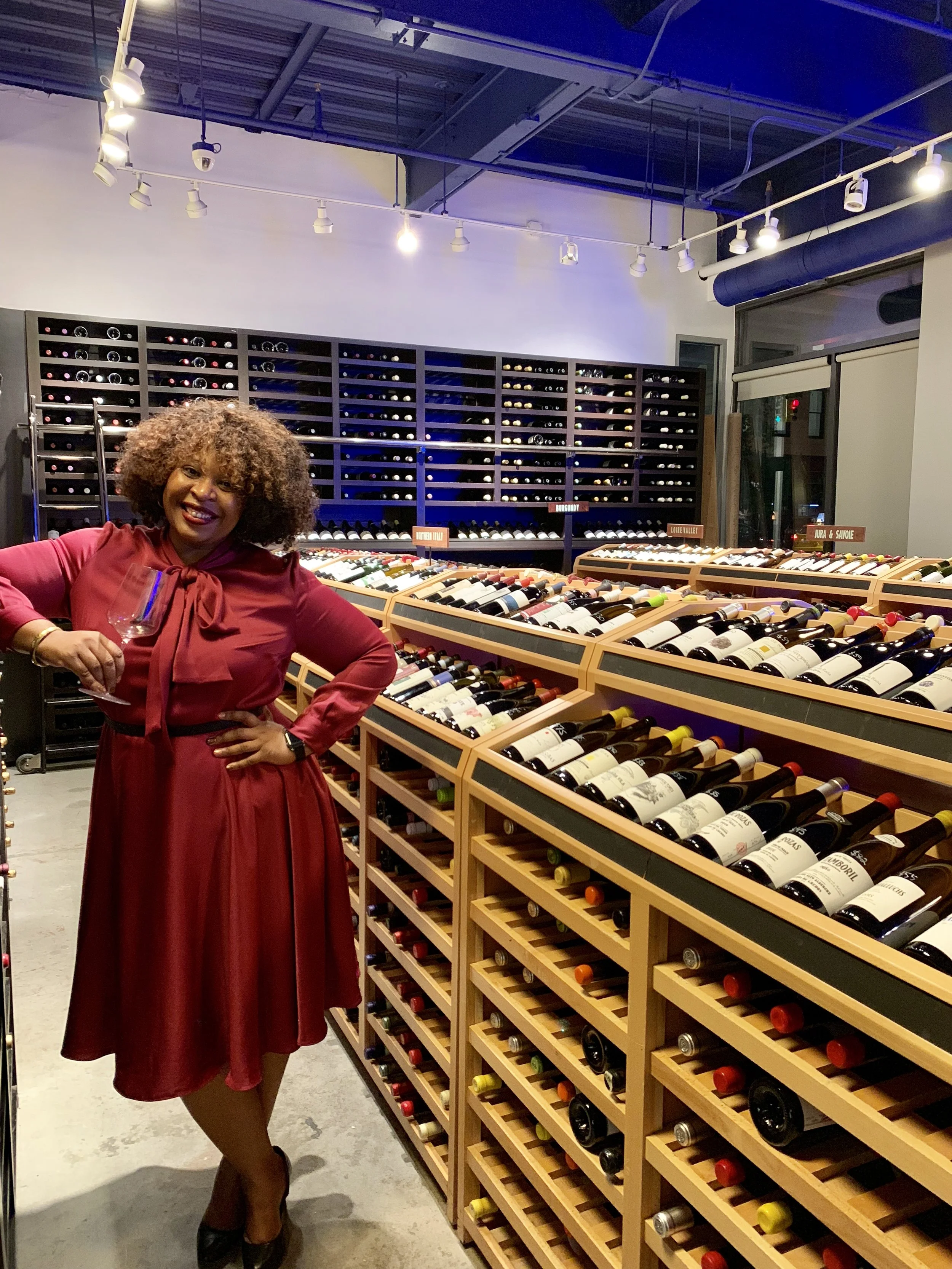THE 18 NOBLE GRAPES: SAUVIGNON BLANC
I am so thrilled to share this journey with you all! Whether you are just starting on your wine journey or you’re an oenophile, I promise you will learn something new and have fun along the way. The term “noble” when referring to grapes has nothing to do with high social or political standing. The distinction is bestowed on grapes that retain some inherent characteristics no matter where they are planted. You may have seen books or articles that reference either 6 or 18 noble grapes. Both are correct! The 6 original noble grapes, where we will begin our journey, were: Sauvignon Blanc, Chardonnay, Riesling, Cabernet Sauvignon, Merlot and Pinot Noir. Over time the list has expanded to include 12 additional grapes: Tempranillo, Grenache, Malbec, Sangiovese, Syrah, Nebbiolo, Pinot Grigio, Sèmillon, Chenin Blanc, Viognier, Moscato and Gewurtztraminer. Understanding the characteristics and flavor profiles of these grapes will enhance your enjoyment and knowledge of wine and give you the foundation you need to get really good at blind tasting!
Fun fact: Sauvignon Blanc is one of the parent grapes of Cabernet Sauvignon. Sauvignon Blanc is probably best knows for its “ green” characteristics. At first sniff, it generally gives off fruit notes of green apple, grapefruit lime and white peach depending on ripeness. Due to aromatic compounds called pyrazines, Sauvignon Blanc has a unique herbaceous profile with notes of green pepper, jalapeño, and grass. Though it is almost always a dry wine, with relatively high acidity, wines produced in warmer climates like Napa and New Zealand, tend to have a bit of residual sugar on the palate and more tropical notes on the nose. It is most commonly produced as a single varietal wine and is commonly blended with Sèmillon and Muscadelle to make White Bordeaux. Though grown all over the world, the best expressions are known to come from the Loire Valley and Bordeaux regions of France. So now that I have piqued your interest in this grape, it’s time for you to go and and grab a bottle for yourself! Here are a few things to ask the next time you are in a wine shop or restaurant if you want to explore more:
What: “I’m look to try Sauvignon Blanc, what classic expressions do you have available? What region(s) would you you say offer the best wines at the best value? I am looking to spend between $15-$20 ”
Why: “I am looking to expand my palate for white wines but am not sure what to try. I enjoy lighter styles of white wine like Albarino or Grüner Veltliner.
Pairing: I am looking for something that will pair nicely with salad I have prepared for the first course and the herb roasted chicken and halibut dishes I am preparing for the main courses.”
Oak: I prefer wines that are unoaked or spend very little time in oak.
Recommendations:
For the new beginner: 2018, Honig Sauvignon Blanc, Napa Valley ( $15-$18)
For those familiar with the grape looking to explore more: 2017, Lieu Dit Sauvignon Blanc, Santa Ynez Valley, Santa Barbra ($24-$28)
For the enthusiast: 2018, Domaine Vacheron Sancerre, Lorie Valley ($38-$40)
For the oenophile: 2015, Didier Dagueneau Pouilly-Fume ‘Blanc Fume De Pouilly’, Loire Valley $90
Baller Bottle: 2017, ChateauD’Yquem "‘Y’ Bordeaux, Bordeaux, France $180
I hope you all enjoyed the first stop on our journey and that you stay on board for the next destination. I missed this week’s Instagram live, you can check it out here.
Comment below and let me know if you like Sauvignon Blanc? What is your favorite region?



